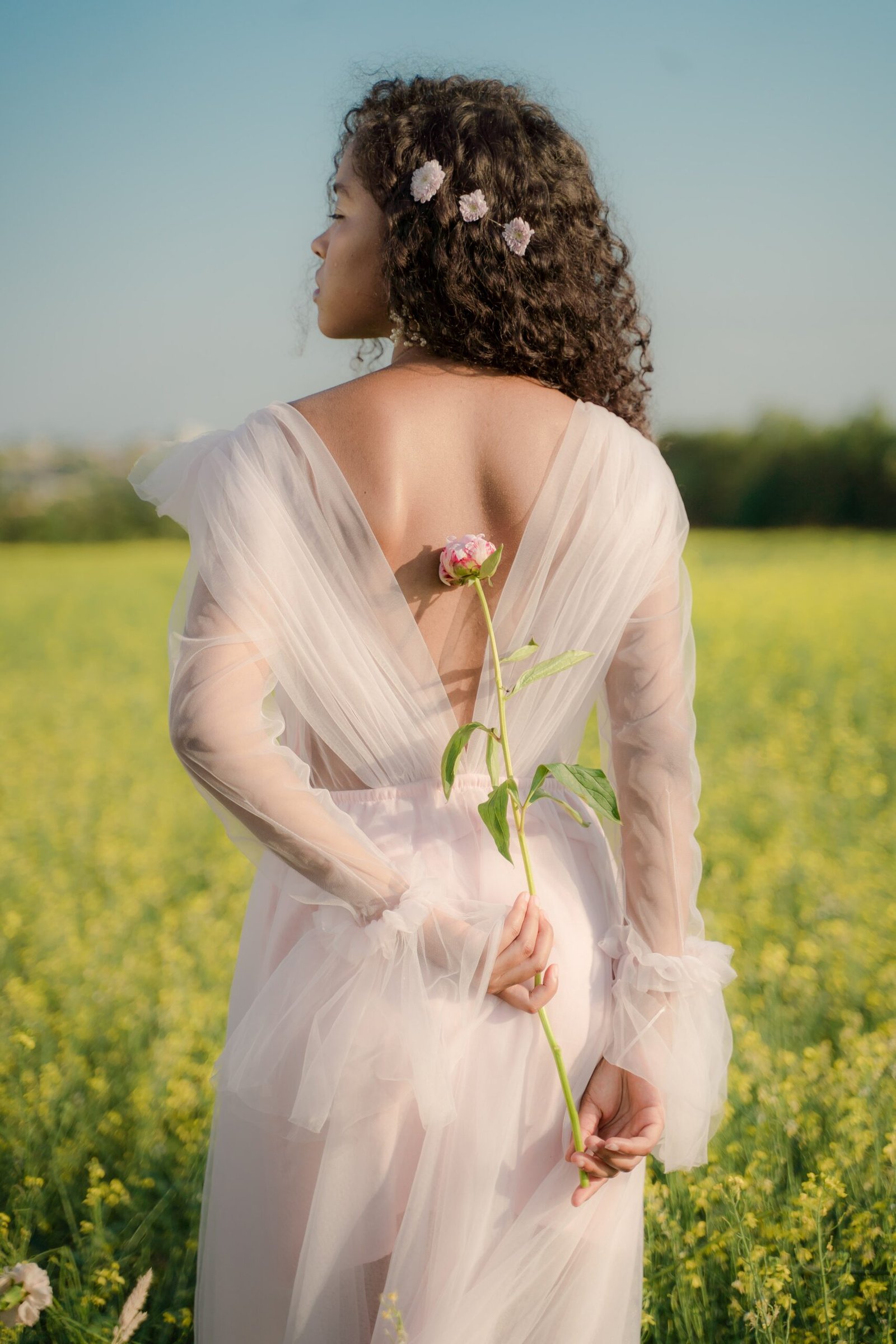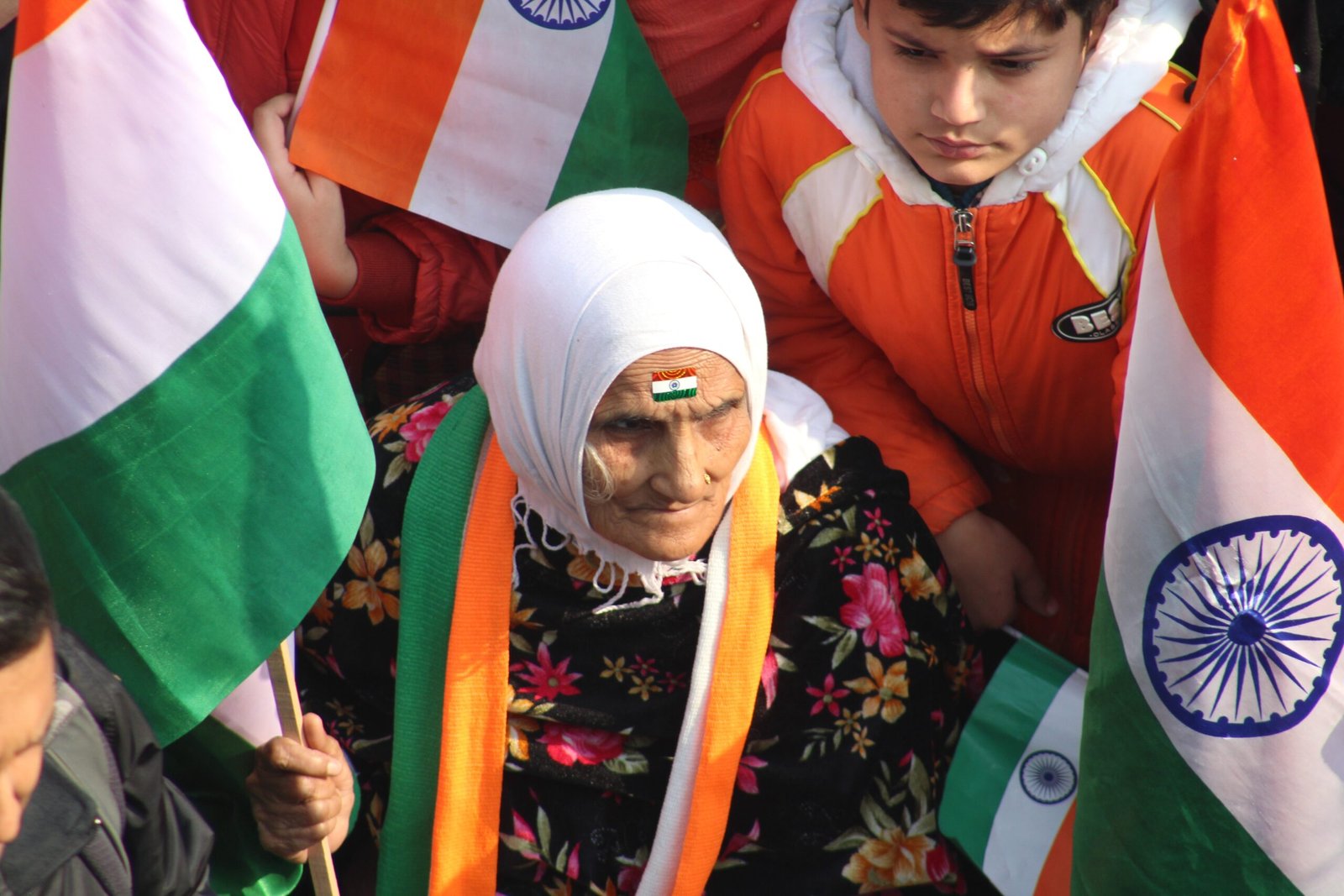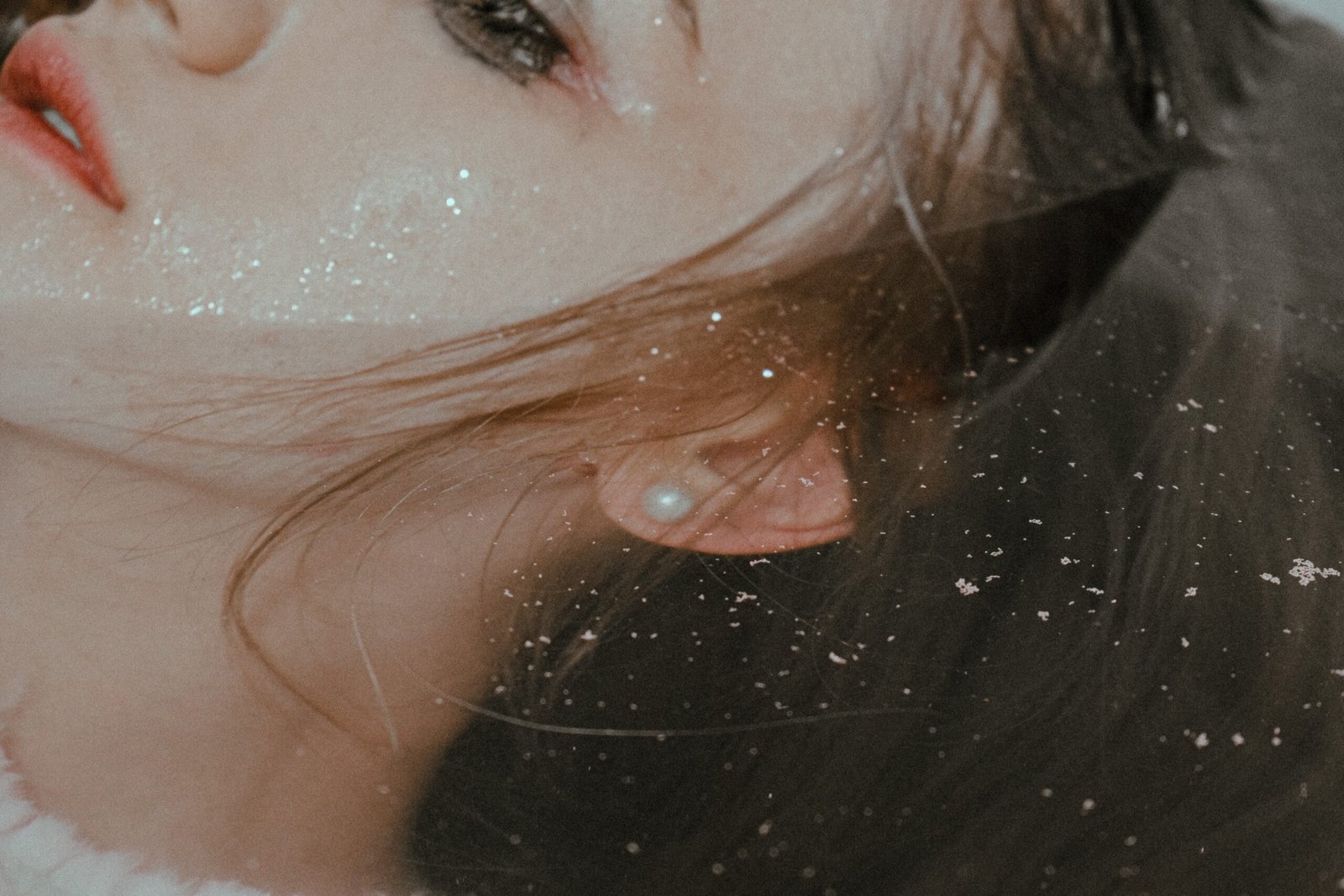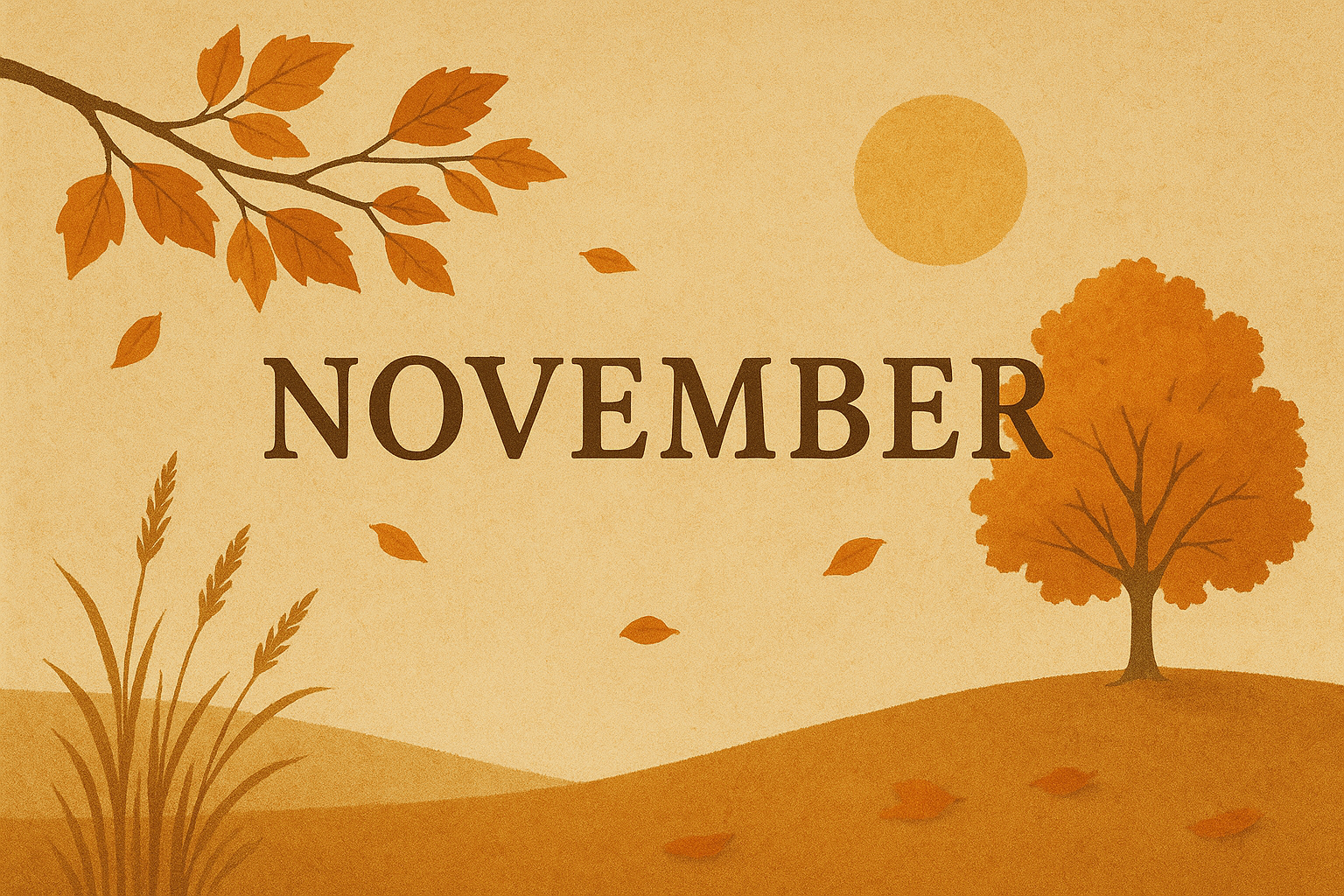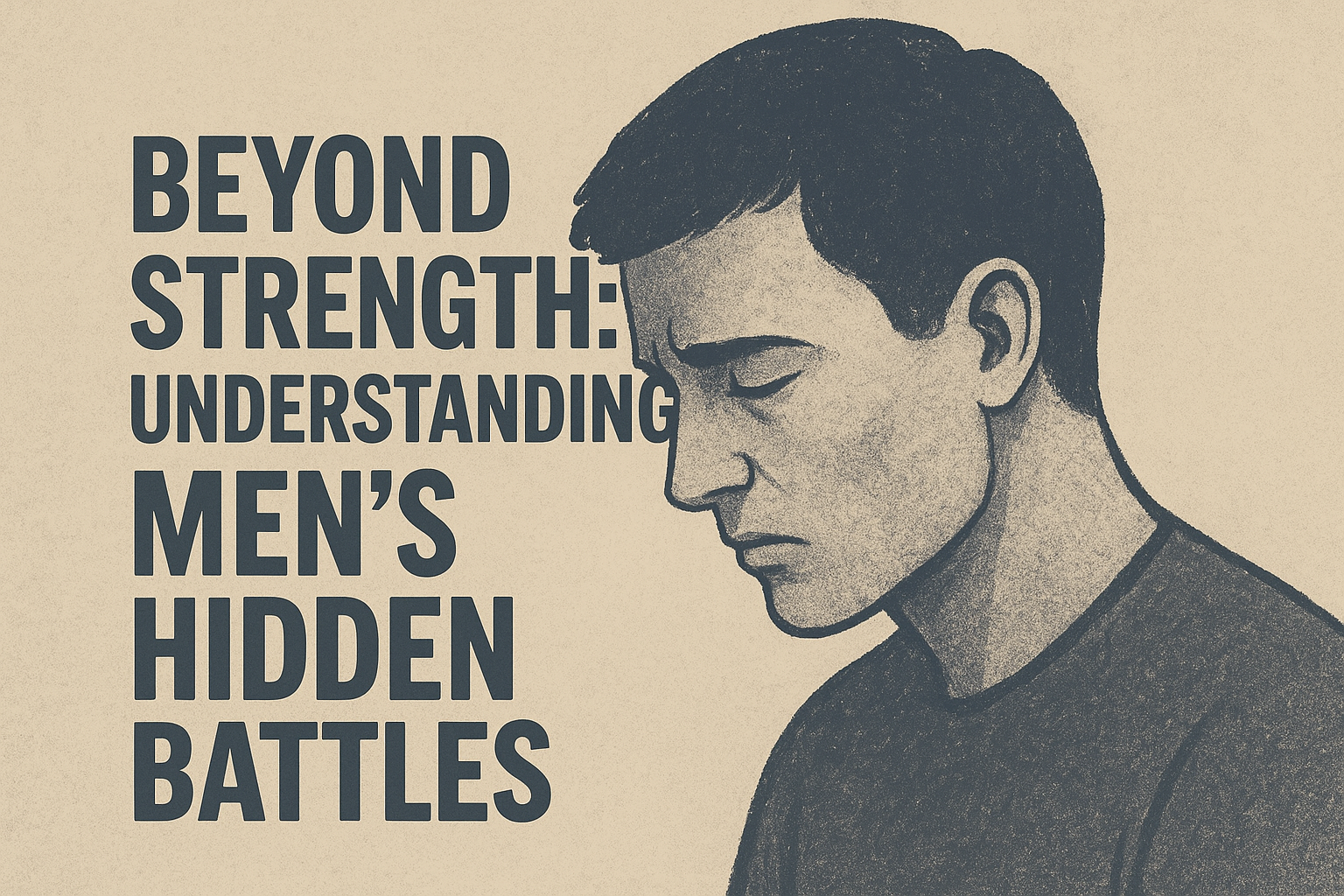The theme for March is Women’s History Month.
And, how beautiful and apt is that! I couldn’t be more in love with the idea of cherishing, and recognizing women storytellers, writers and poets in all forms, be it on radio, television, movies, journalism, politics, academics or podcasting.
Each year, March is celebrated as National Women’s History Month.
And March 8th is International Women’s Day, with women’s rights movement, gender equality, reproductive rights, violence and abuse against women, being the focal point.
Let us look at a few facts:
Who were the first storytellers in our lives?
They were the mothers, the grandmothers who enthralled us with lores flowing down from one generation to the next.
The stories of brave Warrior Queens like Lakshmibai of Jhansi, and so many tales shone a light on the magic of exceptional bravery, and stupendous possibilities.
And, then there were the teachers, the older sisters, aunts and friends from our everyday life, who widened that circle of awareness, through the vivid stories they told us. I fondly relive the times in my early childhood when I’d spent many mornings just before my afternoon school, with my next-door neighbour, Pradnya. Almost, five years older than I, she’d tell me a new story each day, as she ate her lunch before leaving for school. I still vividly remember the aroma of the morsels of poli-bhaaji, and amti-bhaat that she put in her mouth, as she added drama and colour to the narration. Her birthday is on March 4th, and I celebrate her as one of the first storytellers in my life!
And, then there are the remarkable women from the past who with unwavering faith, and powerful, compelling narratives brought people together around a mission that appeared seemingly impossible to achieve.

Today as women, we all take for granted the sacred right to cast our vote in a democratic election, don’t we? But are we fully aware of how hard it was to come by?
Women were second-class citizens for many, many centuries, around the world. We were someone’s property. We were a man’s liability.
Did that ‘train of thought’ suddenly change tracks, and leave the station, without any strife whatsoever?
Did it happen easily, that one fine day a man decided to just give her the right to ‘feel’ equal, and vote?
This happened after a relentless fight for ninety excruciatingly long years!
The women’s suffragist movement started in the 1830s in Europe and America.
And, it culminated in 1919 when finally the long, hard-fought battle ended with a bill passed (barely by a majority) in the U.S. Senate in 1919, for women’s right to vote.
And the resultant ripples of that around the world?
When India became an independent democratic nation in 1947 with her own constitution, not letting women vote was not even a thought! It was a given that all citizens will have the right to vote, regardless of gender, caste or creed.
So how did it all happen?
It was because of the clear vision, the leadership, and the drive of the women whom I call the ‘ballot box heroines’!
They are the real superheroes in the lives of all of us women.
The women suffragists in U.S and in Europe fought relentlessly for nearly a century with a clear goal, bringing women and men together through the stories of equality, and fairness in representation.
These women were social activists, journalists, lawyers, and pastor’s daughters who went to jail, got beaten up, faced violent physical abuse and police brutality, got spit on, got called vile names, and got heckled and taunted every step along this thorn-riddled way. They gave impassioned speeches, they aroused the masses through their powerful storytelling, they rode horses in uprisings, and they marched for their rights, with clear focused eyes.
So who were these ‘ballot box heroines’?
Alice Stokes Paul (January 11, 1885 – July 9, 1977) was an American Quaker, suffragist, feminist, and women’s rights activist, and one of the main leaders in this movement.
Lucy Burns was an American suffragist and women’s rights advocate. She was a passionate activist in the U.S and in the U.K, who joined the militant suffragettes. Burns was a close friend of Alice Paul, and together they ultimately formed the National Woman’s Party.
Bettina Borrmann Wells (born 1874) was a Bavarian-born English suffragette who toured the United States as an organizer and lecturer.
Crystal Catherine Eastman (June 25, 1881 – July 28, 1928) was an American lawyer, antimilitarist, feminist, socialist, and journalist.
Mabel Ping-Hua Lee was a Chinese-American women’s rights activist and minister, who at the age of 16 years old, was one of the 50 flag-bearer horse-riders to lead the parade in New York City in 1912. She herself could not vote or become a citizen because of the Chinese Exclusion Act, but that did not deter her from the mission of getting women equal rights!
Ida Wells, a black woman who was born as a slave in Mississippi in 1862, was a prolific investigative journalist and suffragist. She represented women and African-Americans’ efforts in the abolitionist movement.
Mary Church Terrell was one of the first African-American women, a national activist for civil rights and suffrage, to earn a college degree and become a Latin teacher in the first African-American public school in Washington D.C.
It is on the shoulders of these stalwarts, and countless women with their names undocumented who fought for our rights, that we stand. I salute all these women warriors and the men who stood by them on this battlefield for equity and fairness.
My eternal gratitude for all that they have done to put womanhood on the path to empowerment.
It is in their reflected glory that we can shine in our most authentic feminine light.

By Swaroopa Gadgil
Swaroopa Gadgil is a Physical Therapist and a Yoga Teacher, who lives near the Jersey Shore. She is a multi-passionate nature lover, immersed in Art, Yoga, Writing, and Photography. Swaroopa loves to share the experiences she has lived through; people she has encountered in her professional practice through writing and art. She can be contacted at swaroopagadgil@yahoo.com





